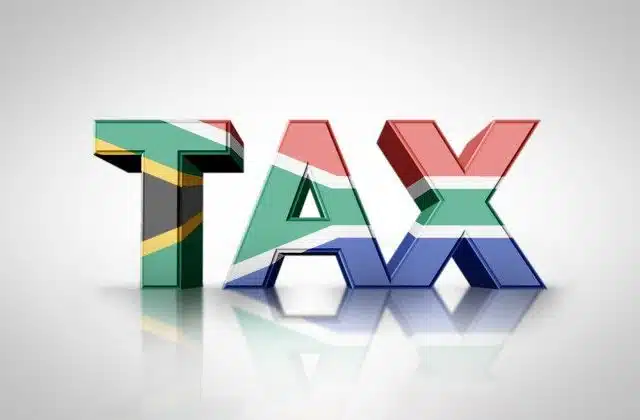
Cele to introduce new terrorism laws in South Africa
Police minister Bheki Cele has announced his intention to introduce the Protection of Constitutional Democracy against Terrorist and Related Activities Amendment Bill to parliament.
In an explanatory notice gazetted on Tuesday (5 July), Cele said the bill aims to update the existing Protection of Constitutional Democracy against Terrorist and Related Activities Act with regard to:
- Developments in international law;
- To give effect to certain Constitutional Court judgments;
- To address challenges experienced with conducting investigations and prosecutions.
Particular provisions have been inserted to cater for foreign terrorist fighters and to address the sentencing of the financing of terrorism, he said.
“It is proposed to delete the motive requirement from the definition of ‘terrorist activity’ in the Act.
“The responsibility for the publication of United Nations Security Council Resolutions related to terrorism in a notice in the gazette, and other appropriate means, is proposed to be placed with the minister of finance in terms of the Financial Intelligence Centre Act and amendments thereof with the Director of the Financial Intelligence Centre.”
The bill simplifies the interpretation of the jurisdictional provision and expands the extradition provisions to all terrorism-related offences in the principal Act, he said.
“The bill also gives effect to the recommendations of the United Nations CounterTerrorism Executive Directorate following a compliance visit to South Africa in respect of South Africa, as well as to recommendations made in a mutual assessment report of the Eastern and Southern African Anti-Money Laundering Group (ESAAMLG) and the Financial Action Task Force (FATF) after a compliance visit to South Africa, led by officials of the International Monetary Fund (IMF).
“In particular, it is proposed to repeal the exclusion that an armed struggle for liberation shall not be considered to be a terrorist activity.”
Grey list
The final provision relating to money laundering is particularly important as South Africa aims to address regulatory weaknesses in its money-laundering controls by year-end, a move that should help avert its inclusion on a global watchdog’s list of nations that are subjected to greater oversight due to their shortcomings in tackling illicit finance.
“Changing our laws and regulations will be tough, but that’s the easy part,” Ismail Momoniat, the National Treasury’s acting director-general said in an interview on SAfm radio on Tuesday.
“The tough part comes in that six of those measures are related to how we investigate such crimes – whether we have enough prosecutions on money laundering, whether we deal with terror financing when people are designated by the United Nations or by other measures – and so in our criminal justice sector, we have to have a significant turnaround in terms of effectiveness.”
While it will take about three years to effect all necessary changes, the country must “demonstrate that we’ve got a credible action plan, that we’ve taken meaningful steps already by February,” to avert being added to the watchdog’s so-called grey list, he said.
With further reporting by Bloomberg.



